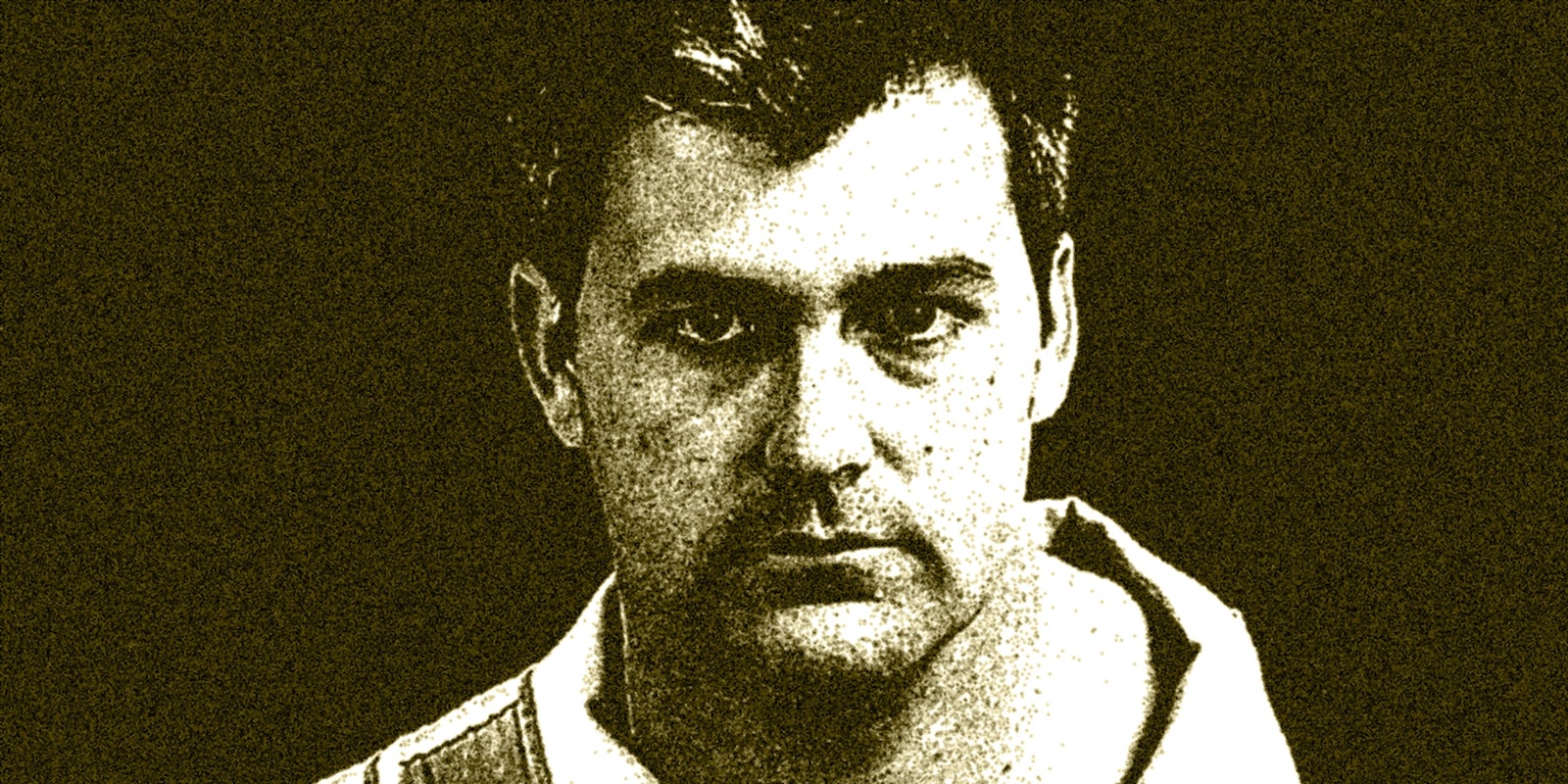A mistrial has been declared in the case of a South Carolina police officer who fatally shot an unarmed black motorist in the back.
Michael Slager, a white police officer, shot and killed Walter Scott in April 2015 following a daytime traffic stop. Scott, the black motorist, was attempting to flee on foot when shot five times. The shooting was filmed by a bystander who witnessed Slager open fire while Scott was 15 to 20 feet away, unarmed and running away.
Slager defended his actions claiming he feared for his life. After the shooting, he lied in a police report about trying to save Scott’s life with CPR; the bystander’s video showed that Slager never attempted to resuscitate Scott. The video also appeared to show Slager dropping his Taser next to Scott’s lifeless body, which led to accusations that he had meddled with the crime scene.
https://twitter.com/IjeomaOluo/status/805883785174650886
https://twitter.com/ezlusztig/status/805885572334030849
“We as the jury regret to inform the court that despite the best efforts of all members, we are unable to come to a unanimous decision,” the jury wrote in a note Judge Clifton Newman, who presided over the case and who had compelled the jurors to reconsider their deadlock when a unanimous decision could not be reached on Friday.
Before 4pm on Monday, Newman declared a mistrial, thanking the jurors for “trying to reach a unanimous verdict in this case.”
The jury, of which 11 were white and one was black, had the option of convicting Slager of murder or manslaughter, a lesser charge often applied to “crimes of passion.” Eleven of the 12 jury members appeared ready to convict Slager last week, but one of the jurors said they could not agree. “I still cannot, without a reasonable doubt, convict the defendant,” the juror said on Friday.
The holdout told Newman that he could not “in good conscience” convict Slager. Other jurors reportedly called for the judge to dismiss the holdout juror, though there is no legal mechanism for Newman to do so.
In rare instances, judges can overturn guilty verdicts rendered by juries when the evidence overwhelmingly points to a defendant’s innocence; that power, however, cannot be used by a judge to unilaterally impose a guilty verdict.
The outcome of the Slager trial is likely to sow further doubt and resentment towards a justice system that only on the rarest of occasions punishes police officers for shooting and killing unarmed African-Americans.
Solicitor Scarlett Wilson, who served as the prosecuting attorney in the case against Slager, said in a statement that she will move to retry Slager.
JUST IN: South Carolina prosecutor confirms she will retry Michael Slager after mistrial today https://t.co/88SgL8xlal #walterscott pic.twitter.com/q5LDrhtvJa
— “Mark Berman” (@markberman) December 5, 2016
Beyond the murder trial, Slager continues to faces civil charges from the U.S. Department of Justice for allegedly violating Scott’s rights while acting under the color of law and lying to investigators.


